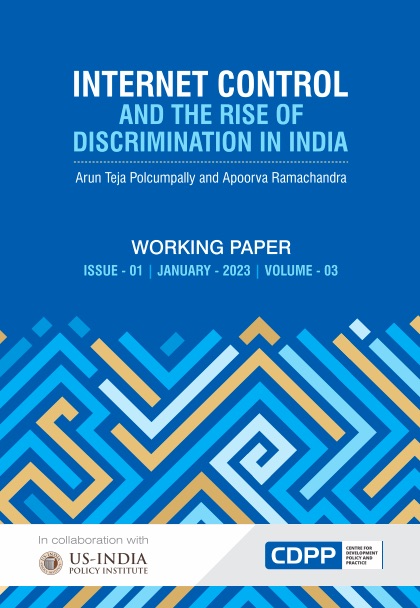
This paper aims to provide a comparative analysis of the policies drafted by the US, the EU, China, and
India that would somehow regulate misinformation and mitigate the social impacts of the hyper- consumption of online information. The US, EU, and China are selected for the comparative analysis as they are considered the pioneers of data regulation and innovations in advanced digital technologies. In addition to the comparative analysis, this paper argues that in India, hate crimes when wedded to the uncontrolled spread of information across the internet require legislative, judicial, and educational interventions. This paper helps policymakers and academia find the best practices. worldwide. Apart from identifying best practices, it also aids in formulating a tailored policy to control the misinformation in the internet channels of communication.
Misinformation. Data regulation, Global policy, Digital technologies to 16.5% in the poorest parts of the work in sub-Saharan Africa. In the workforce, female participation in India is at 33%, well below the world
